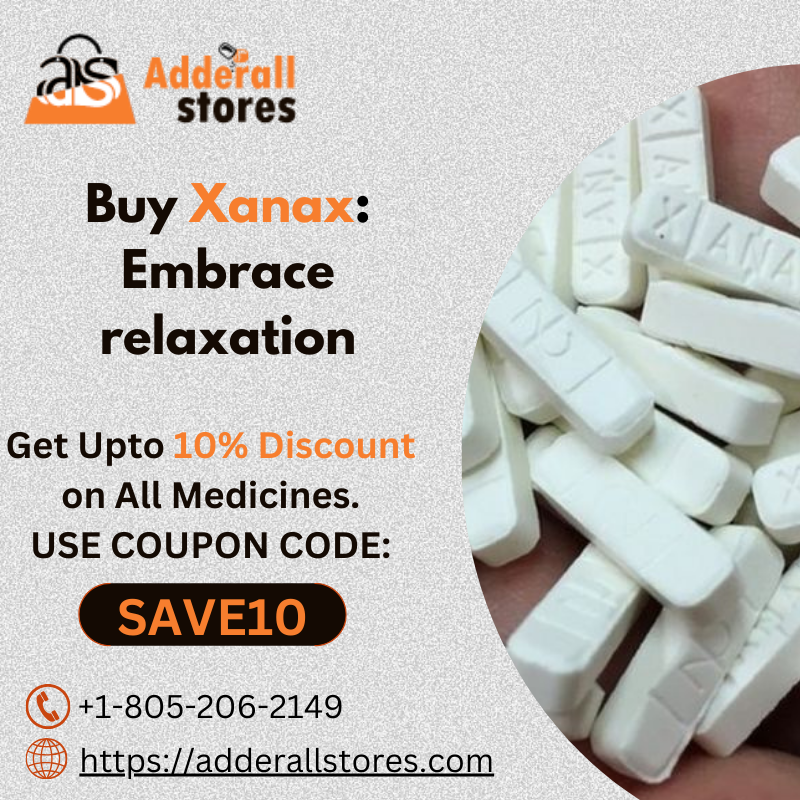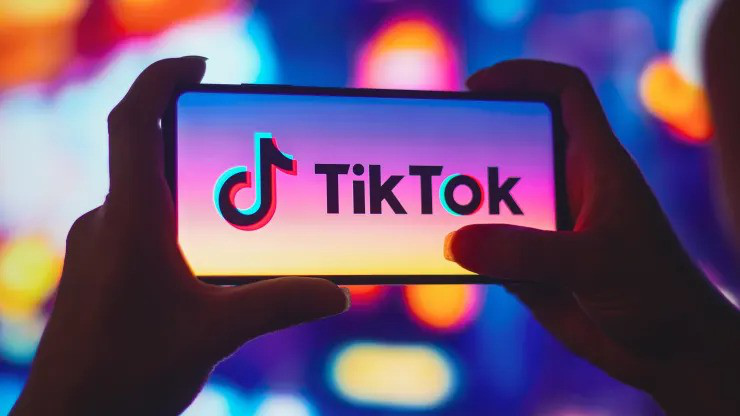The cannabidiol (CBD) industry has exploded over the past decade, driven by increasing consumer interest in natural health solutions and the gradual legalization of hemp and cannabis-derived products. Amidst this booming market, businesses face the challenge of distinguishing their brands and effectively reaching their target audiences. This is where content marketing comes in—a strategic approach focused on creating and distributing valuable, relevant, and consistent content to attract and retain a clearly defined audience. In the context of the CBD industry, content marketing plays a crucial role in educating consumers, building trust, and navigating the complex regulatory landscape. Partnering with a specialized CBD Marketing Agency can provide brands with the expertise and strategies necessary to excel in this competitive market.
Understanding the CBD Market
The CBD market is unique in many ways. Unlike more traditional consumer goods, CBD products often require significant consumer education. Potential customers may have concerns about legality, safety, and efficacy. Therefore, effective content marketing must not only promote products but also address these concerns comprehensively.
The Role of Content Marketing in the CBD Industry
Content marketing is essential for CBD brands for several reasons:
- Education: CBD is still a relatively new concept to many consumers. Providing informative content about what CBD is, how it works, and its potential benefits helps demystify the product and empower consumers to make informed decisions.
- Building Trust: The CBD industry has faced scrutiny due to varying product quality and misleading claims. High-quality, transparent content helps build trust with consumers, reassuring them about the legitimacy and safety of a brand’s offerings.
- SEO and Online Visibility: Given the legal restrictions on advertising CBD through traditional channels like Google Ads and Facebook Ads, content marketing becomes a vital tool for enhancing online visibility. Well-optimized content can improve search engine rankings and drive organic traffic.
- Engagement: Content that resonates with the audience encourages engagement, fostering a community of loyal customers. This includes blog posts, social media updates, newsletters, and more.
- Regulatory Compliance: Navigating the legal landscape is one of the biggest challenges for CBD brands. Content must be carefully crafted to avoid unverified health claims while still effectively promoting products.
Key Strategies for CBD Content Marketing
1. Educational Content
Educational content is the cornerstone of CBD marketing. This can take various forms, including blog posts, videos, infographics, and eBooks. Topics might include:
- What is CBD?: Explaining the basics of cannabidiol.
- How CBD Works: Exploring the endocannabinoid system and how CBD interacts with it.
- Benefits of CBD: Discussing potential benefits backed by scientific studies.
- Types of CBD Products: Differentiating between oils, edibles, topicals, and more.
- Usage Guides: Providing dosage guidelines and usage tips.
2. User-Generated Content and Testimonials
User-generated content (UGC) and testimonials are powerful tools for building credibility and trust. Encouraging satisfied customers to share their experiences and reviews can significantly influence potential buyers. This can be facilitated through social media campaigns, review sections on websites, and customer spotlights.
3. SEO Optimization
Search engine optimization (SEO) is crucial for driving organic traffic. Effective CBD content marketing involves keyword research to identify relevant terms consumers are searching for. Integrating these keywords naturally into content helps improve search rankings. Additionally, creating high-quality backlinks from reputable sources can enhance a brand’s authority and visibility.
4. Social Media Engagement
Social media platforms are ideal for engaging with the CBD community. While advertising restrictions apply, brands can still use social media to share educational content, user stories, product updates, and industry news. Platforms like Instagram, Facebook, and Twitter are particularly effective for visual and interactive content.
5. Email Marketing
Email marketing remains one of the most effective channels for nurturing leads and maintaining customer relationships. Regular newsletters featuring educational content, special offers, and company news keep the audience engaged and informed. Personalized emails based on customer behavior and preferences can further enhance engagement.
6. Influencer Collaborations
Collaborating with influencers who have a genuine interest in CBD can amplify a brand’s reach. Influencers can create authentic content that resonates with their followers, providing third-party validation and expanding the brand’s audience.
7. Video Content
Video content is increasingly popular and can be highly effective for CBD marketing. Tutorials, product demos, customer testimonials, and informational videos about CBD can capture attention and convey messages more dynamically than text alone.
Overcoming Challenges in CBD Content Marketing
1. Regulatory Hurdles
One of the biggest challenges in CBD marketing is navigating the complex and evolving regulatory landscape. Brands must ensure that all content complies with local, state, and federal laws. This often means avoiding specific health claims and focusing on general wellness benefits supported by scientific research.
2. Misinformation and Stigma
Despite growing acceptance, CBD still faces stigma and misinformation. Content marketing must address common misconceptions and provide clear, factual information. This involves citing reputable sources and maintaining transparency about product sourcing and testing.
3. Competition
The CBD market is highly competitive, with new brands entering the space regularly. To stand out, brands must focus on creating unique, high-quality content that reflects their distinct voice and values. Differentiation through storytelling, brand authenticity, and superior customer service is key.
4. Platform Restrictions
Many online advertising platforms, including Google and Facebook, have restrictions on CBD advertising. This limits the avenues available for paid promotions. Therefore, organic content marketing strategies like SEO, social media, and influencer partnerships become even more critical.
Case Study: Success Stories from a CBD Marketing Agency
To illustrate these strategies in action, let’s look at a hypothetical case study of a successful CBD brand.
Brand Background
Imagine a CBD brand called “Nature’s Relief” that offers a range of high-quality CBD products, including tinctures, gummies, and topicals. Despite having superior products, Nature’s Relief struggled with brand visibility and consumer trust.
Strategy Implementation
- Educational Blog: Nature’s Relief launched a comprehensive blog featuring articles on CBD basics, benefits, and usage guides. This educational content helped position the brand as an authority in the space and improved SEO rankings.
- UGC Campaign: The brand encouraged customers to share their stories and experiences on social media using a branded hashtag. This user-generated content provided social proof and boosted engagement.
- SEO Efforts: Through thorough keyword research and optimization, Nature’s Relief improved its search engine visibility, driving organic traffic to its website.
- Influencer Collaborations: The brand partnered with wellness influencers who authentically endorsed the products, expanding reach and credibility.
- Video Content: Nature’s Relief created a series of videos featuring product tutorials, customer testimonials, and educational content about CBD. These videos were shared across social media platforms and embedded in blog posts.
- Email Marketing: The brand sent regular newsletters with educational content, product updates, and exclusive offers, maintaining engagement with subscribers and driving repeat purchases.
Results
Within six months, Nature’s Relief saw a significant increase in website traffic, social media engagement, and sales. The educational content and UGC campaigns helped build a loyal customer base, while SEO and influencer partnerships expanded the brand’s reach.
Conclusion
Content marketing is an indispensable strategy for CBD brands looking to navigate the challenges of this unique industry. By focusing on education, trust-building, and engagement, CBD brands can effectively reach and resonate with their target audiences. Despite regulatory hurdles and market competition, a well-executed content marketing strategy can differentiate a brand and drive sustainable growth. The insights from successful CBD marketing agencies highlight the importance of authenticity, quality, and strategic planning in achieving long-term success.
A specialized CBD Marketing Agency can provide the expertise and strategies necessary to excel in this competitive market, ensuring that your brand not only stands out but also builds lasting trust with consumers.




